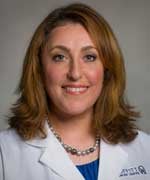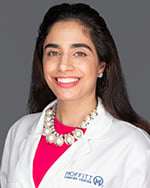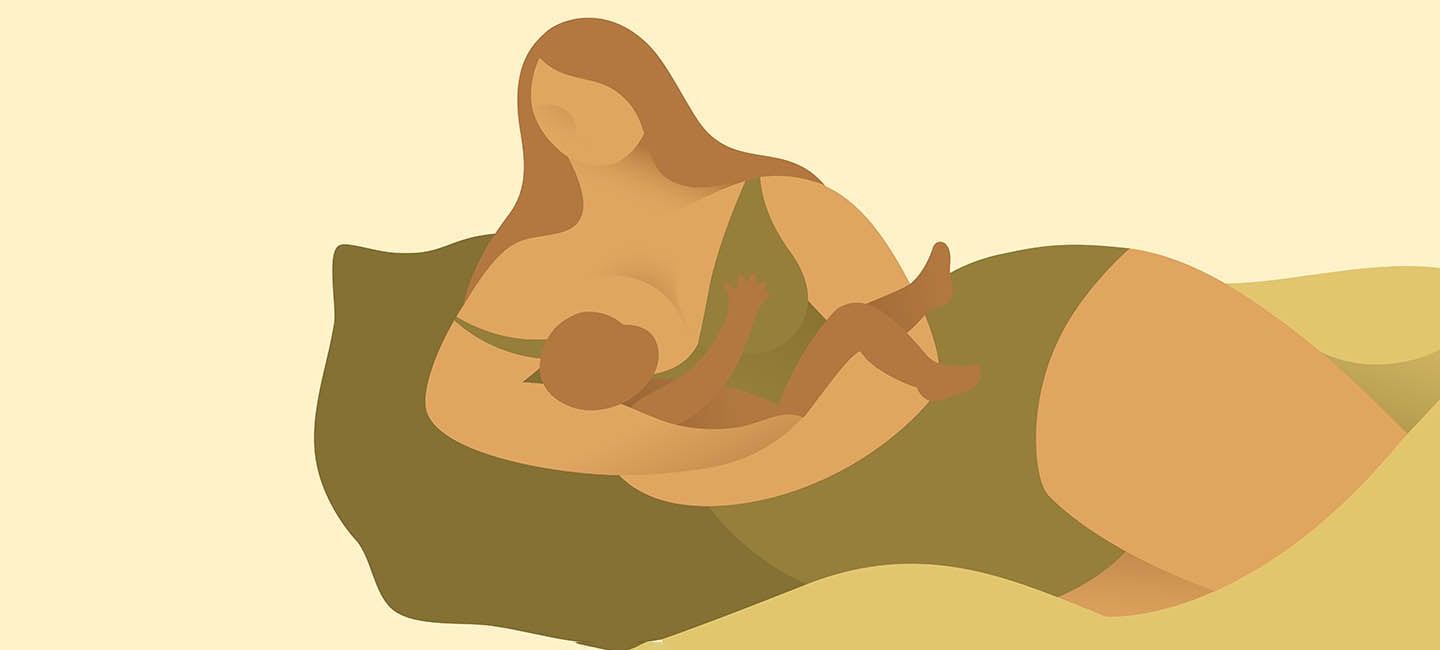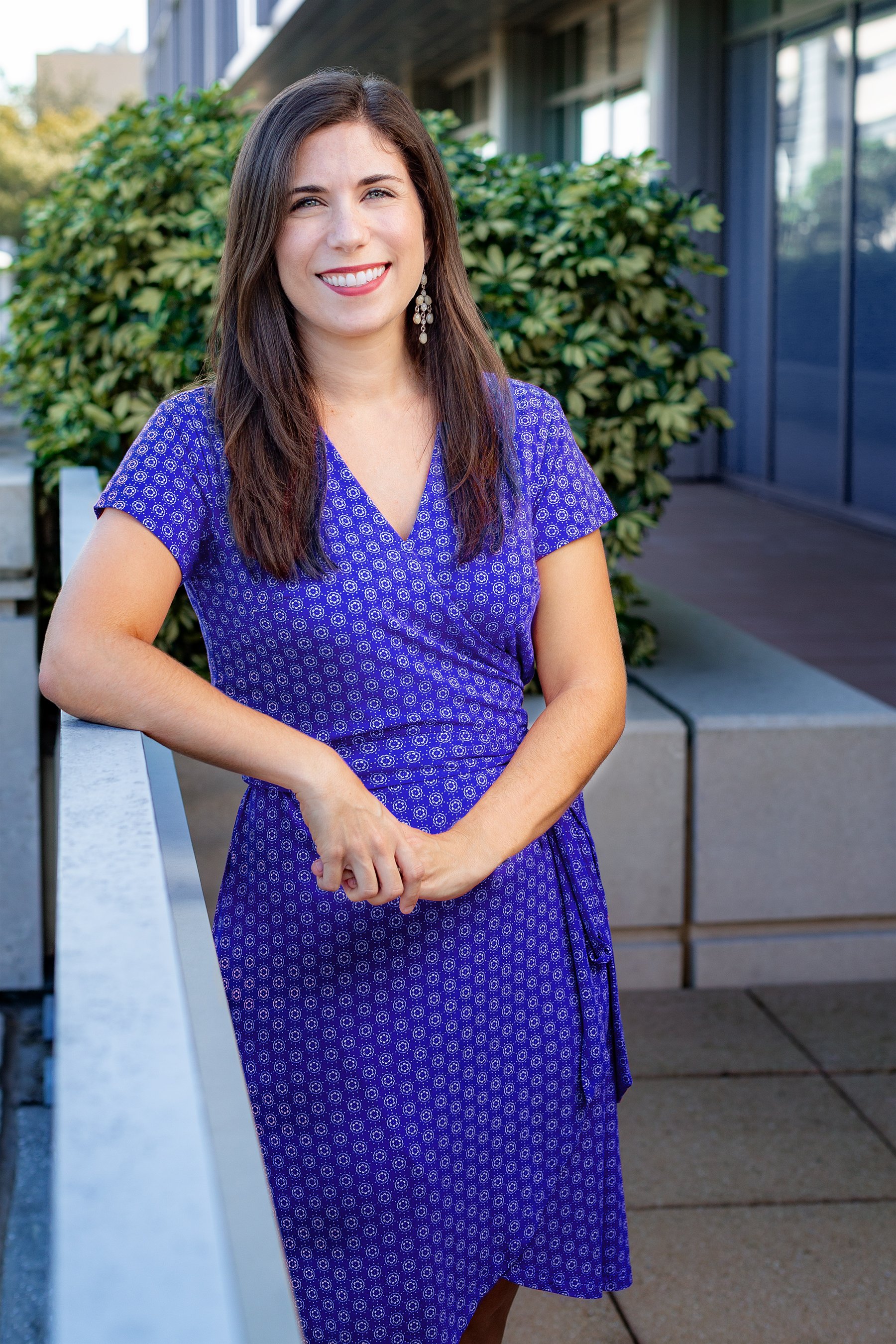5 Things You Should Know About Breastfeeding and Breast Cancer
Nearly one in eight women will develop some form of breast cancer within their lifetime. Those who are breastfeeding or pumping may find that they are more aware of their breast health than they are at any other point in their life, due to the rapid changes that occur in the breasts while lactating.
Although you may know that breastfeeding or pumping can have protective health benefits for both mother and baby, there are other important facts to be aware of related to breastfeeding and breast cancer. Here, we tackle some of the most commonly asked questions on the topic.

Dr. Susan Hoover, surgical oncologist, Breast Oncology Program at Moffitt Cancer Center
Can breastfeeding lower my risk of breast cancer?
There are a variety of risk factors for the development of breast cancer, many of which a woman cannot control. When it comes to reproductive risk factors, breastfeeding has been shown to reduce a woman’s risk, said Dr. Susan Hoover, a surgical oncologist in the Breast Oncology Program at Moffitt Cancer Center.
“One very large study showed a 4.3% reduction in relative risk of breast cancer development for every 12 months a woman breastfeeds,” said Hoover. “Another large review demonstrated a 14% lower risk in women who had breastfed, compared to those who never breastfed.”
Hoover says this may be due in part to the fact that while breastfeeding, a woman may experience a delay in her menstrual cycles, which in turn decreases her lifetime exposure to estrogen. Hormones like estrogen have been associated with increased risk of breast cancer development.
How about other cancers?
A recent review of over 40 studies revealed a 30% reduction in the risk of ovarian cancer when comparing women who breastfed with those who did not. “When breastfeeding, a woman will have less cycles of ovulation,” said Hoover, “which is thought to reduce the risk for potential cellular and genetic mistakes that could lead to ovarian cancer.”
Hoover adds that just like with breast cancer, the longer a woman breastfeeds, the lower her risk becomes.
Can I get breast cancer while breastfeeding?
Although a woman can develop breast cancer at any time in her life – including while breastfeeding or pumping – there is no known increase in risk during that time. Since women may be more keen to changes happening in their breasts during the time of breastfeeding, they may be more likely to notice potential warning signs of cancer. In general, a nursing mother’s breasts will feel ‘lumpy’ due to the production of milk or even blocked milk ducts. However, a lump that does not get smaller or disappear after about a week should be checked by a doctor.
Are mammograms safe during breastfeeding?
Women who are breastfeeding may be concerned about the safety of breast screening. According to the American College of Radiology Appropriateness Criteria®, both mammography and digital breast tomosynthesis screening (sometimes referred to as 3D mammography) fall into the category of “usually appropriate” for women who are breastfeeding. This means that both imaging procedures have a favorable risk to benefit ratio for patients.

Dr. Avan Armaghani, a medical oncologist in the Breast Oncology Program at Moffitt.
When breastfeeding, the density of the breast tissue increases, which may make it more difficult to detect abnormalities on a mammogram. For this reason, is it often recommended women nurse or pump immediately before the procedure to empty the breasts.
Can I breastfeed during cancer treatment?
Many therapies used to treat breast cancer can be passed on to the nursing baby through breastmilk.
“We generally do not recommend breastfeeding while receiving chemotherapy, due to the risk of excretion into breastmilk,” said Dr. Avan Armaghani, a medical oncologist in the Breast Oncology Program at Moffitt. “In addition, we advise against breast feeding when taking certain oral treatments for breast cancer, like tamoxifen. It is important to ask your doctor about breast feeding prior to starting any treatments.”



